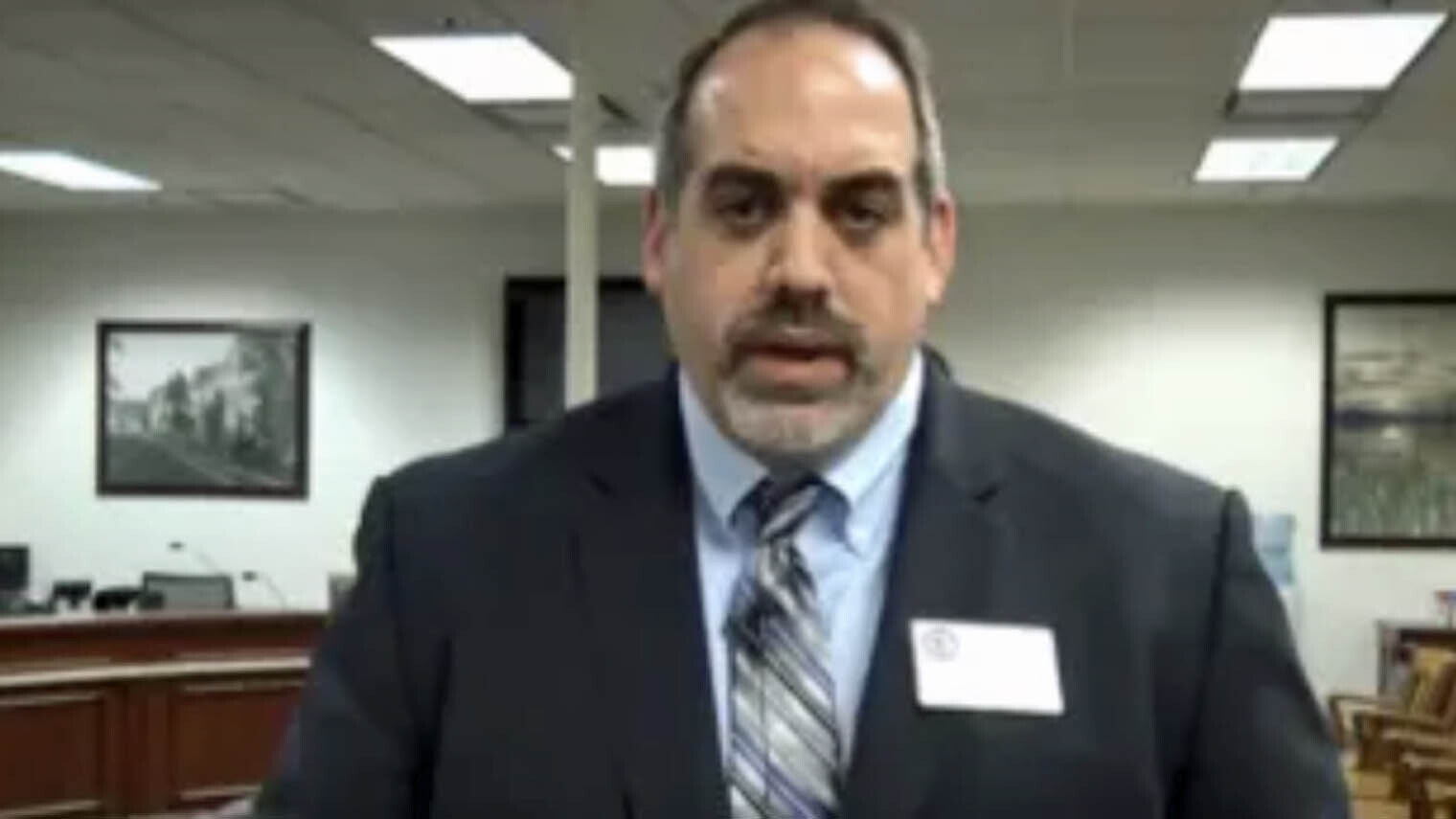A Second Amendment advocacy group is suing the state over election laws used to fine it $500, alleging the laws impose unconstitutional restrictions on its rights of free speech.
Wyoming Gun Owners, in as lawsuit filed in U.S. District Court earlier this week, asked the court to rule that the election laws in question are unconstitutionally broad.
“Americans’ right to speak freely about candidates for elected office includes the right to publicly examine candidates’ positions on salient policy issues,” the lawsuit said. “Americans also have a right to know what a law means, especially one that may sanction them for engaging in political speech. Vague laws invite arbitrary enforcement and chill speech.
The lawsuit names as defendants Secretary of State Ed Buchanan, Deputy Secretary of State Karen Wheeler, Election Division Director Kai Schon and Attorney General Bridget Hill.
The lawsuit stems from a fine levied against WyGO by the secretary of state’s office for alleged violations of the state’s electioneering laws.
The Greater Cheyenne Chamber of Commerce complained that during the elections of 2020, radio ads, emails and a direct mail piece urged voters to vote for or against candidates.
Under Wyoming law, if a group spends more than $500 urging people to vote for or against a candidate or issue, the group is considered involved in “electioneering” and must register with the secretary of state’s office and disclose the names of its donors.
State attorneys pointed specifically to a radio advertisement that aired in Cheyenne comparing the stances of legislative candidates on Second Amendment issues, referring to the ad’s statement “tell (state Senate candidate Erin) Johnson that Wyoming gun owners need fighters, not country club moderates who will stab us in the back.
They also told WyGO that other communications, including emails and a direct mailer, may qualify as electioneering.
WyGO did not file the reports required of campaign groups because it did not believe its communications fit the definition of electioneering, the lawsuit said.
A civil fine was levied against the group as a result.
In its lawsuit, WyGO said it was only informing voters of how various candidates stood on Second Amendment issues and was not urging people to vote one way or another.
It also said the secretary of state’s office did not specify, beyond the radio ad, which of WyGO’s communications — email, direct mail or Facebook posts — were in violation of electioneering laws.
“Accordingly, and considering (the state’s) manifest inability to distinguish between speech that expresses views about issues and candidates from speech advocating for a vote, (WyGO) respecfully preserves its claim that Wyoming’s ‘electioneering’ law is unconstitutional on its face,” the lawsuit said.
As a result, moving forward, the organization will “reduce its activity” because it is not sure what statements may lead to a complaint.
“But due to Wyoming’s electioneering-communications statute, and the manner in which Wyoming state officials have enforced, it … WyGO is left to twist in the wind and wonder whether it can send political emails, post videos and candidate surveys, maintain its website, and speak about candidates’ records in future elections,” the lawsuit said. “WyGO is also left to wonder how to report its contributions and expenditures, if they even are to be reported, and what it can or should tell its donors about their privacy.”
The lawsuit alleges the way the electioneering laws are enforced, groups like WyGO have no way of knowing whether they have violated the law until a complaint is lodged.
“The statute may trap the innocent by not providing fair warning or foster arbitrary and discriminatory application, and it can also chill speech by operating to inhibit protected expression,” it said.
The lawsuit seeks an injunction to prevent the state from enforcing electioneering laws against WyGO’s communications and a ruling that the laws are unconstitutionally void and unenforceable. It also asks for reimbursement for trial costs, attorney’s fees and damages against Wheeler and Schon of $17.91.





